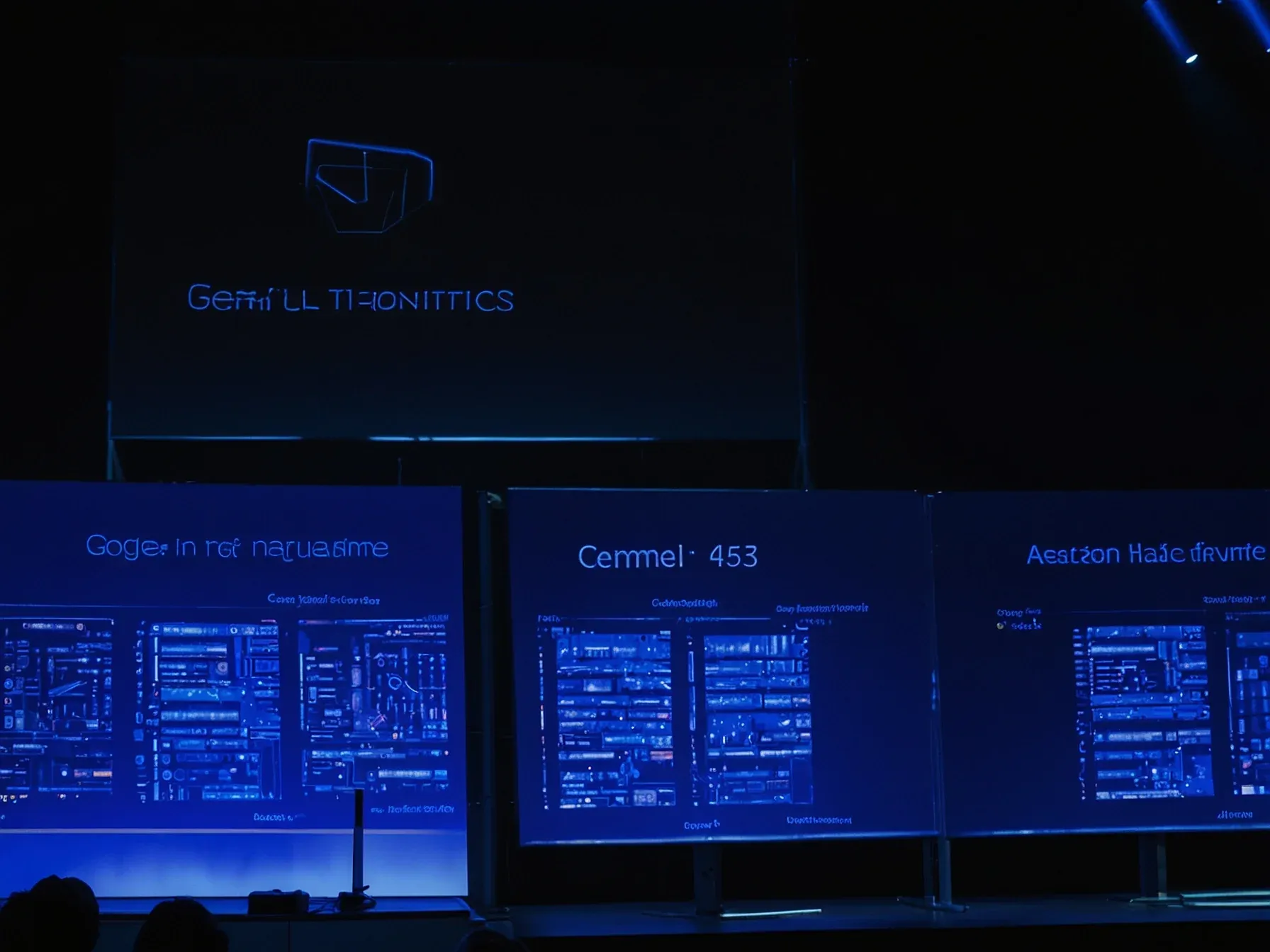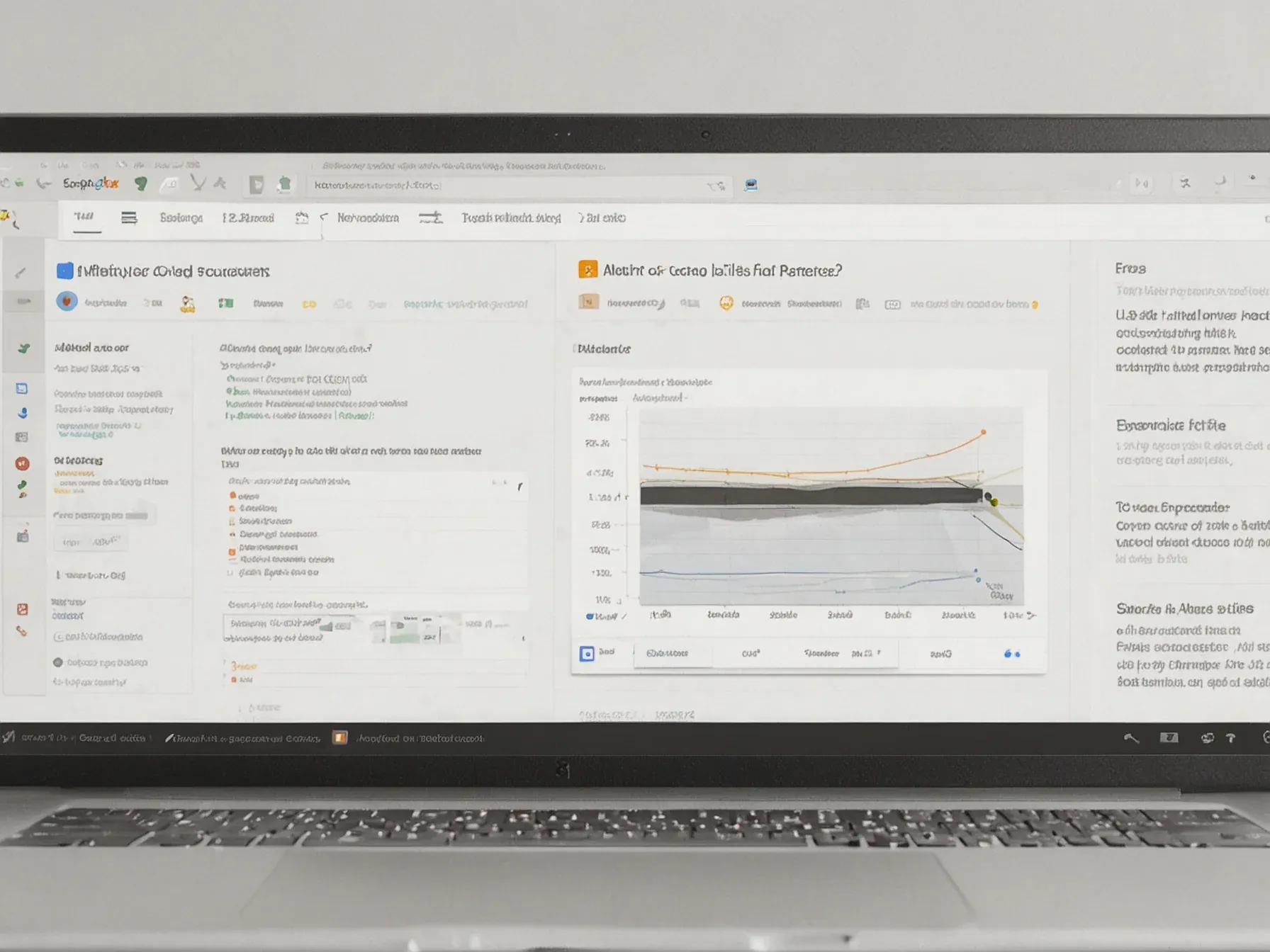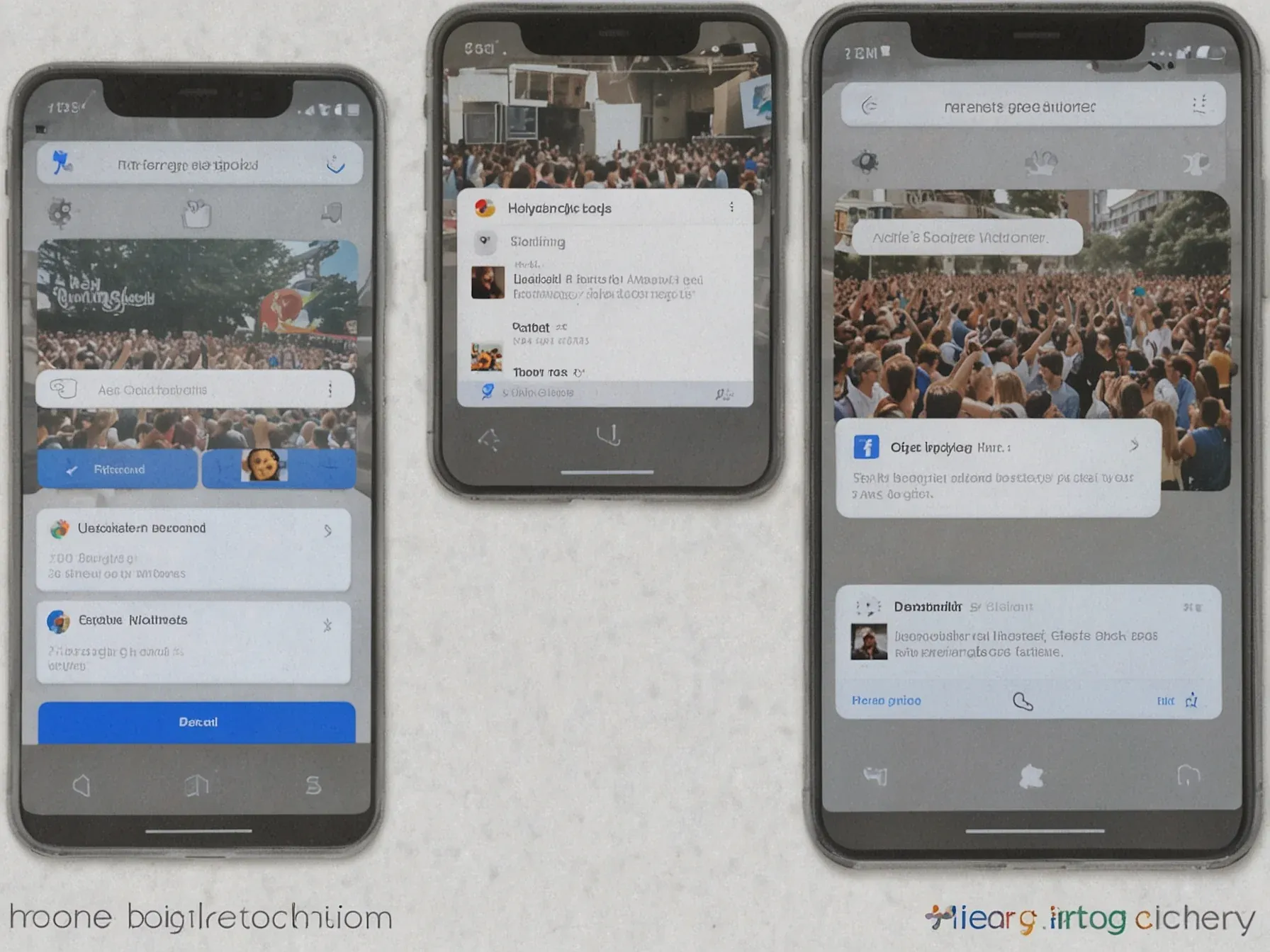
Editorial illustration for Google's Private AI Compute Promises Full Gemini Speed with Guaranteed Data Privacy
Google's Private AI Compute: Cloud Speed, Full Data Privacy
Private AI Compute Unlocks Full Gemini Cloud Speed While Keeping Data Private
The race for AI privacy just got a serious upgrade. Google is stepping into uncharted territory with its new Private AI Compute framework, promising something many thought impossible: cloud-level AI performance without compromising personal data.
Enterprises and individual users have long wrestled with a fundamental tradeoff in generative AI. Speed and capability have traditionally meant surrendering sensitive information to large tech platforms. But what if that compromise wasn't necessary?
Google's latest technological gambit suggests a potential breakthrough. The company claims it can deliver full-speed Gemini model responses while keeping user data completely isolated and protected.
The implications are significant for industries handling sensitive information. Healthcare, finance, and government sectors could potentially use advanced AI without the traditional privacy risks that have slowed widespread adoption.
But how exactly does Google plan to pull off this privacy magic trick? The company's own engineers have a provocative explanation that goes straight to the heart of their new approach.
That's why we built Private AI Compute: to unlock the full speed and power of Gemini cloud models for AI experiences, while ensuring your personal data stays private to you and is not accessible to anyone else, not even Google. Private AI Compute allows you to get faster, more helpful responses, making it easier to find what you need, get smart suggestions and take action. How Private AI Compute protects your data in the cloud As a pioneer in the field of responsible AI, Private AI Compute in the cloud is our next step in AI processing technology.
It builds off of the industry-leading security and privacy safeguards that we embed to keep you in control of your experiences and your data safe, guided by our Secure AI Framework, AI Principles and Privacy Principles. Private AI Compute is a secure, fortified space for processing your data that keeps your data isolated and private to you.
Google's latest privacy-focused idea tackles a critical challenge in AI: maintaining performance without compromising user data. Private AI Compute represents a strategic approach to delivering powerful Gemini cloud model capabilities while keeping personal information strictly confidential.
The technology promises users faster, more intelligent responses without sacrificing privacy. Google has designed the system to prevent data access even by its own teams - a significant commitment to user protection.
This approach could reshape how consumers perceive AI interactions. By guaranteeing that personal information remains exclusively with the user, Google addresses growing concerns about data privacy in artificial intelligence platforms.
Still, questions remain about the technical buildation. How exactly does Private AI Compute achieve simultaneous high-speed processing and total data isolation? The details suggest a sophisticated architectural solution that prioritizes user trust.
For now, Private AI Compute appears to offer an intriguing balance between computational power and personal data security. It signals Google's recognition that privacy isn't just a feature - it's a fundamental user right in the evolving AI landscape.
Further Reading
- Apple will base its foundation models on Google's Gemini - Six Colors
- Joint statement from Google and Apple - Google Blog
- Google Gemini to power Apple Intelligence - Constellation Research
Common Questions Answered
How does Google's Private AI Compute protect user data in cloud-based AI interactions?
Private AI Compute ensures user data remains completely private by preventing access even to Google's internal teams. The framework is designed to deliver full Gemini cloud model capabilities while maintaining strict data confidentiality, effectively solving the traditional tradeoff between AI performance and personal information protection.
What key problem does Private AI Compute aim to solve in generative AI technology?
Private AI Compute addresses the long-standing challenge of balancing high-performance AI capabilities with data privacy. By enabling users to access fast, intelligent Gemini cloud model responses without compromising personal information, Google is pioneering a new approach to responsible AI that eliminates the traditional trade-off between speed and data security.
What makes Google's Private AI Compute approach unique in the AI privacy landscape?
Google's approach is distinctive because it promises full cloud model performance while guaranteeing that no entity, including Google itself, can access user data during AI interactions. This represents a strategic commitment to responsible AI that goes beyond typical privacy measures by fundamentally redesigning how cloud-based AI systems handle personal information.








